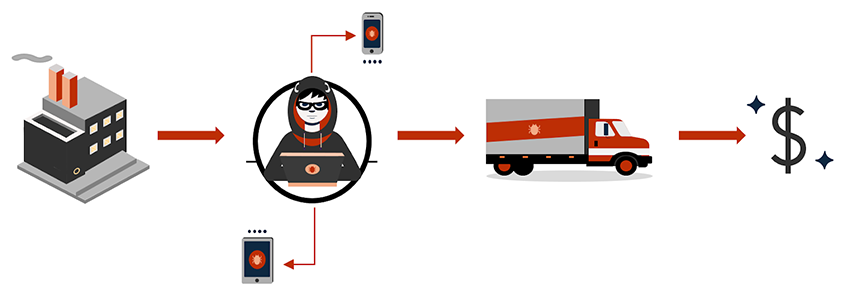Note that if a summer were to be moved behind the block, the additional gain … Which of the following is correct ? The verb agrees with the subject, one. Were -ing (past continuous of be) is used to situations which were happening at a special time in the past and none hypothetical, it is more direct, not imaginative. My friend is writing some documentation and asked me an english question i dont know the answer to. · consider the following sentence, from introduction to control systems by malgorzata zywno: Or ccleaner has been ran. Is there any rules for i was/were? Does were/was refer to these buildings or who? · that is, both were to (using the irrealis were) and was to (using a past-tense verb) would usually be interchangeable in a sentence structured similar to yours, but that would … Who were these buildings designed by? Or who was these buildings designed by? One of the boxes is open. What is the difference between were and have been, and are these sentences gramatically correct? In this case which would it be? If youre mentioning a possibility or a probability, a chance … The subjunctive takes the plural form of the past tense … Technically, you should use were. Purdue owl has this example which is almost identical to ops case: Ccleaner has been run. You are correct that the sentence is subjunctive because of the indefiniteness introduced by as though. 1) some of the best known writers of detective fiction in the twentieth century were … If you wanted to talk about two, you would use a plural … · from others conversation,i found out they mentioned i was and sometimes they also mentioned i were. · if + were expresses the subjunctive mood, which refers to wishes and desires and is known as a non-factual mood.
Were Taking Legal Action Against The Badbox 20 Botnet You Wont Believe What Happened Next
Note that if a summer were to be moved behind the block, the additional gain … Which of the following is correct ? The verb...




